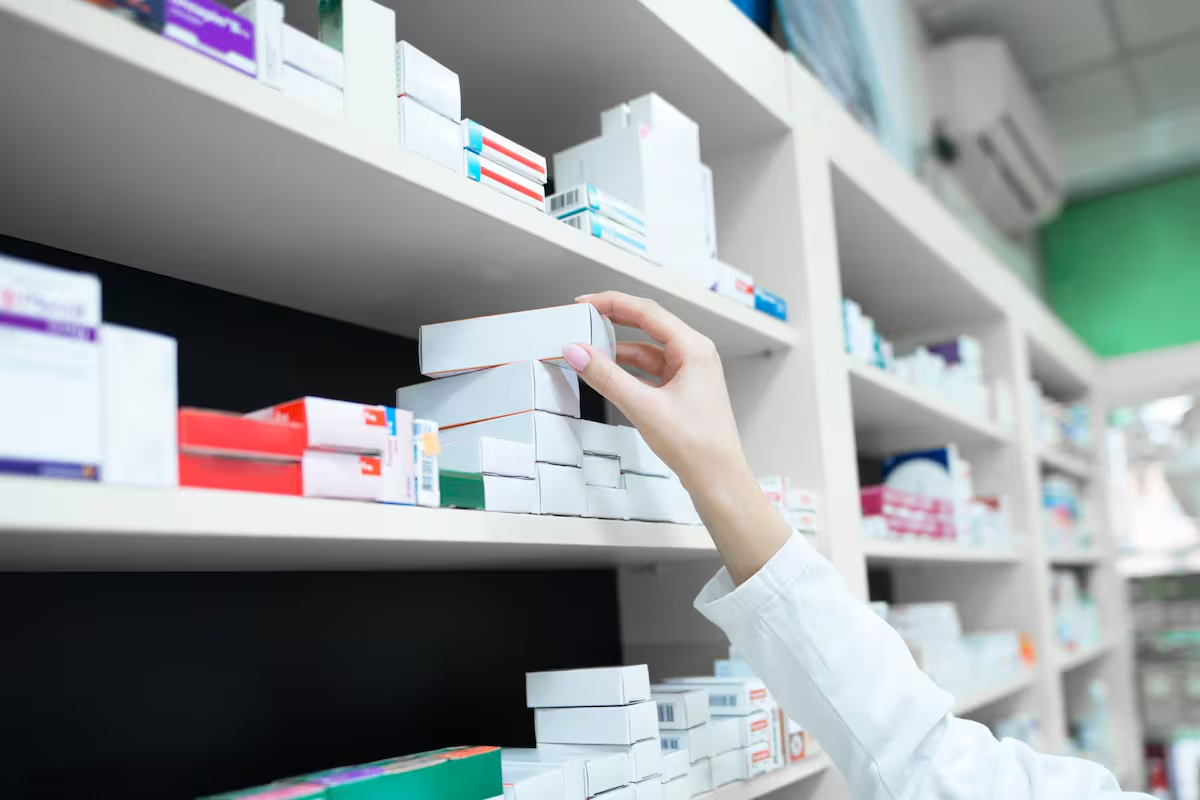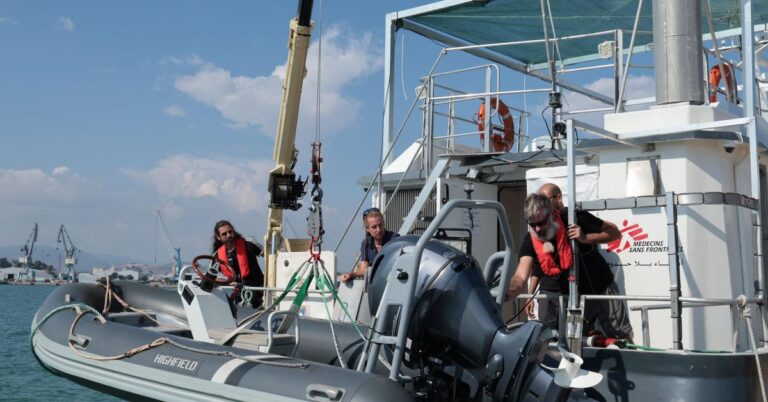
The trade agreement with the US has a major impact on the pharmaceutical research sector. Because it makes it easier to introduce new patents Furthermore, the quality control of these products does not require local regulatory approval, but rather Food and Drug Administration (FDA) approval is sufficient.
In fact, one of the passages that mention this issue in the “Joint Declaration on the Framework of the Agreement between the United States and Argentina on Mutual Trade and Investment” corresponds to “Standards and Conformity Assessment.” It says “Argentina allows the import of U.S. products that comply with applicable U.S. or international standardscomply with U.S. technical regulations or U.S. or international conformity assessment procedures without the need for additional conformity assessment requirements, and continue to eliminate non-tariff barriers affecting trade in priority sectors. ”
At the same time, “Argentina will accept imports of vehicles manufactured in the United States that comply with federal motor vehicle safety standards and U.S. emissions standards. and will accept U.S. Food and Drug Administration (FDA) certification and prior marketing authorization for medical devices and drugs. ”.
Another point that will impact the pharmaceutical industry concerns “intellectual property.” In this sense, the text states: We will continue to strengthen law enforcement against counterfeit goods and copyright infringement, including in the digital environment.”.
It also emphasizes that “Argentina has been committed to addressing the structural challenges identified in international agreements.” Office of the United States Trade Representative 2025 Special Report 301including patentability criteria. Delays in patent processing “We will also work on geographical indications, as well as strive to harmonize our intellectual property system with international standards.”
When asked about the issue, Silfa, the chamber that brings together national laboratories, said:This announcement refers to the fundamentals of the framework agreement, the full content of which will be revealed in the final text of the agreement.. Until this happens, it will therefore be difficult to predict the impact on the sector. ”
Furthermore, Sylfa added:We are in favor of trade agreements that facilitate trade and investment with a view to reciprocity regarding pharmaceutical hygiene regulations.And that lays the foundation for increased competition, access to medicines, and balanced intellectual property. ”
Meanwhile, the Pharmaceutical Research Institute Chamber of Commerce and Industry (Cooperala) made the following request: “We will carefully analyze (the agreement).” Before you comment.
On the other hand, foreign research institutes grouped under Caeme (Argentine Pharmaceutical Chamber) did not issue any comments at the end of this document.
This topic was advanced by nation In April. In that memo, Francisco Olivera reported: US strengthens its claim to Argentina’s drug patents. It is also mentioned in Special Report 301, which has been produced since 1989, and takes its name from the famous Section 301 of the U.S. Trade Act of 1974, which allows a country’s trade representative to take action against foreign countries with unfair or discriminatory trade practices.
According to what was announced at the time, the most important issue was the pharmaceutical sector. There is a passage in the aforementioned report that describes the difficulties foreign companies have in obtaining patents for their products in Argentina, as interpreted by US authorities. This has been a recurring topic of conversation between Argentina and the United States since President Donald Trump announced a worldwide tariff hike.
According to the North American Trade Bureau:A key flaw in the legal framework remains the overly broad restrictions on patent-eligible subject matter.This includes patent examination guidelines that automatically deny applications for categories of pharmaceutical inventions that are patentable in other jurisdictions. ”
But there were other signs that existing barriers for foreign companies to patent their products in the country could be removed. Deregulation Minister Federico Sturzenegger drafted a draft decree earlier this year proposing the repeal of that resolution.
The resolution could be removed under the new agreement, but it would be limited and unique in the region, with the exception of Venezuela. Generally, in most of the 76 countries that have enacted intellectual property protection laws for this industry, challenges to patents occur after publication. In Argentina, on the other hand, they cannot even be recognized due to the norms in question.



